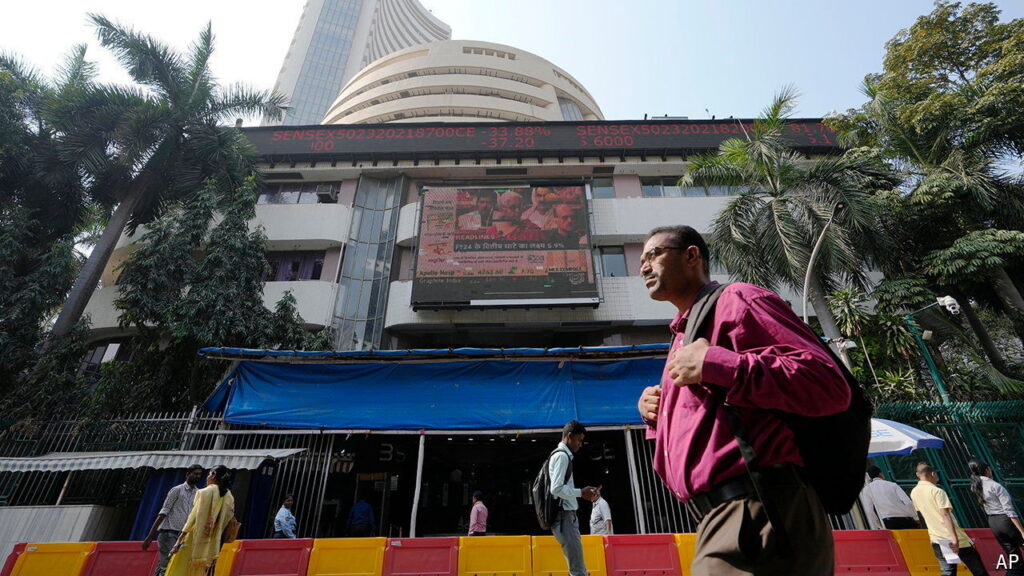India’s stock market experienced a significant downturn after the recent general election, as Prime Minister Narendra Modi’s return to power was seen as diminished and in a coalition. The Bombay Stock Exchange’s index for Public Sector Undertakings (BSE PSU), which includes 56 companies predominantly owned and controlled by the state, saw a particularly steep decline and has struggled to bounce back.
The unique corporate structure of these companies can be traced back to India’s independence in 1947 and the country’s adoption of state planning, which aimed to control key sectors of the economy. Companies in various industries such as aviation, insurance, artificial limbs, and banking were brought under state ownership during this period. It was only in the 1990s, when India opened up its economy to the world, that there was a shift towards privatization.
Over the years, politicians have made efforts to transfer ownership of these state-owned companies to private entities, although the pace and enthusiasm for privatization have varied. Despite these efforts, many of the companies in the BSE PSU index continue to be dominated by government control, leading to a lack of efficiency and potential for growth. This has had a negative impact on investor confidence and the overall performance of the stock market.
The recent election results, which saw Modi’s party winning a majority but needing support from coalition partners, further exacerbated concerns about the future of economic reforms in India. Investors were hoping for a strong mandate that would enable the government to push through much-needed changes to boost growth and attract investment. However, the need to manage a coalition could potentially slow down the pace of reforms and create uncertainty in the market.
In addition to political uncertainties, the Indian economy is also facing challenges such as a slowdown in growth, rising unemployment, and a liquidity crisis in the banking sector. These issues have added to the concerns of investors and have contributed to the downward trend in the stock market. The BSE PSU index, in particular, has been a cause for worry as state-owned companies struggle to adapt to changing market dynamics and achieve profitability.
Moving forward, it will be crucial for the government to focus on structural reforms, improve governance in state-owned companies, and create a more conducive environment for private investment. Privatization of key sectors could help in boosting efficiency, increasing competitiveness, and attracting capital. However, this process will require careful planning, strong political will, and effective implementation.
In conclusion, the performance of India’s stock market, especially the BSE PSU index, is closely tied to the government’s economic policies and reform agenda. The recent election results and the challenges facing the economy have heightened uncertainties and impacted investor sentiment. It is essential for the government to address these issues proactively and create a conducive environment for investment and growth. Only then can India realize its full economic potential and ensure a stable and prosperous future for its citizens.












